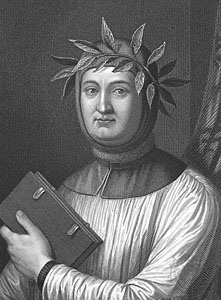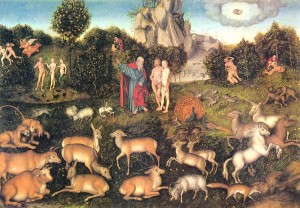Bound and Broken
Hello Again!!
Jean-Jacques Rousseau once said, ” Man is born free yet we see him everywhere in chains”. I don’t know about you, but I find that so true even today. He believed that humans by nature wanted to live in harmony. If they had been given the freedom to developed they would do what was best for themselves and other. Unfortunately, I don’t think that is true. Rousseau knew man were fallen and not acting in their true nature. I like Jean-Jacques Rousseau belief that man is not inherently wicked. God said let us make man in our image and God is good. We were meant to reflect the goodness of God and to be intimate with him. Even intimacy itself is good. The plan was for intimacy for goodness and freedom. For example we produce good things like inventions, ideas, and innovative medicines or medical practices that save lives. I believe without any motivation to be good man only looks out for himself. Man is mainly motivated by money, fame, having a purpose, or religion. Sometimes all those things can’t keep a man motivated. However, if men are motivated by pure love that changes things immensely. Rousseau knew that man was fallen and bound up in chains not able to live up to their potential goodness. Rousseau believed that humans did not need to be governed and that’s understandable because in Eden Adam and Eve weren’t governed. It seemed as though God just came and went as He wanted to. Once the fall happened we were brought the law or the government. The government kept us from attacking ourselves, even Jesus came to fulfill the law (and its purpose) not destroy it. Law showed us our brokenness and that we needed structure and order. However, after Christ it becomes a hindrance because in our immense brokenness even the thing they looked to correct them could not provide the perfection they needed. Rousseau did not like the government and that is understandable because it is not the way we were meant to be. Law, as much as we wanted it to, could not give us freedom.



